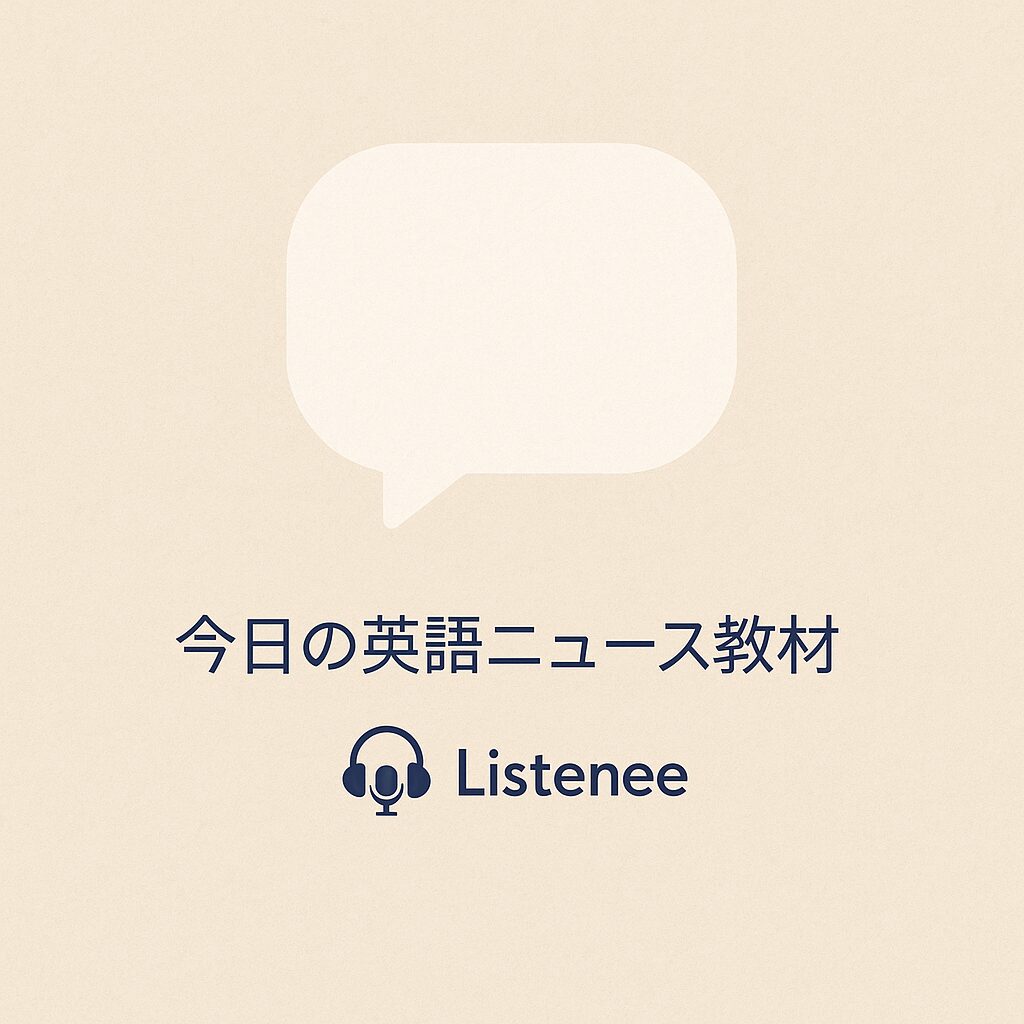🎧 Audio
📖 Script
The topic of tariffs has been a significant discussion point in the United States, especially during President Trump’s administration. Tariffs are taxes that a government places on goods imported from other countries. The idea is to make imported goods more expensive and encourage consumers to buy domestic products instead. President Trump believed that imposing tariffs would protect American jobs and industries by making foreign goods less competitive in the U.S. market.
However, the effects of tariffs on the economy are complex. While they can protect certain industries, they can also lead to higher prices for consumers. For example, if tariffs are placed on steel, the cost of products that use steel, like cars and appliances, might increase. This can lead to inflation, where the general level of prices for goods and services rises, making it harder for people to afford everyday items.
Moreover, other countries can retaliate by imposing their own tariffs on American goods. This can hurt U.S. exporters who find their products becoming more expensive and less competitive in foreign markets. This situation can lead to trade wars, where each country keeps increasing tariffs, which can harm the global economy.
President Trump had to consider these factors when planning tariff policies. He needed to balance protecting American industries with the potential negative impacts on consumers and international trade relationships. Economists often debate whether the benefits of tariffs outweigh the downsides, as the impacts can vary widely between different sectors of the economy.
In summary, while tariffs aim to boost domestic industries, their impact on the overall economy can be unpredictable. They can lead to higher consumer prices and strained international relations, which require careful consideration and strategic planning.
📝 Vocabulary
- tariff: a tax on imports or exports
例文: “The government imposed a tariff on imported goods to protect local businesses.”
Collocations/日本語の意味を見る
- impose a tariff
- tariff policy
- tariff rate
関税 - inflation: a general increase in prices and fall in the purchasing value of money
例文: “Inflation can make everyday items more expensive for consumers.”
Collocations/日本語の意味を見る
- high inflation
- inflation rate
- inflation pressure
インフレーション - retaliate: to take action against someone who has harmed you
例文: “The country decided to retaliate by imposing tariffs of their own.”
Collocations/日本語の意味を見る
- retaliate against
- retaliate with
- retaliate by
報復する - export: to send goods to another country for sale
例文: “The company exports its products to countries all over the world.”
Collocations/日本語の意味を見る
- export market
- export goods
- export industry
輸出する - competitive: as good as or better than others
例文: “They lowered their prices to stay competitive in the market.”
Collocations/日本語の意味を見る
- competitive market
- competitive price
- competitive advantage
競争力のある
✏️ Grammar Point
Comparative Structures – “President Trump believed that imposing tariffs would protect American jobs and industries by making foreign goods less competitive in the U.S. market.”
文法の日本語補足を見る
💡 使用場面
この構造は、物や状況を比較する際に使われます。ビジネスでは、競合製品やサービスを比較する際に使います。
📝 使用例文
“例: In a business meeting, you might say: ‘If we cut costs now, we can increase our profit margin next quarter.’”
❓ Listening Questions
- True/False: Tariffs are intended to make imported goods cheaper.
- MCQ: What is one potential negative effect of tariffs on consumers?
a) Lower prices
b) Higher prices
c) More product choices
d) Decreased taxes - MCQ: What can happen if other countries retaliate against American tariffs?
a) It can improve international relationships
b) It can lead to trade wars
c) It can decrease domestic production
d) It can eliminate tariffs altogether
🔑 Listening Answersを見る
- False
- b) Higher prices
- b) It can lead to trade wars
📚 Reading Questions
- What is the primary purpose of tariffs according to the script?
- Why might tariffs lead to strained international relations?
- What does the word “retaliate” mean in the context of the script?
🔑 Reading Answersを見る
- To encourage consumers to buy domestic products instead of imported ones.
- Tariffs can prompt other countries to impose their own tariffs, leading to trade disputes.
- To take action against someone who has harmed you.
🇯🇵 日本語での経済ニュース解説
トランプ大統領の関税政策は、アメリカ経済に多大な影響を与えました。関税とは、輸入品に対する税金で、国内産業を保護する目的で課されます。しかし、関税は消費者にとっては物価上昇をもたらす可能性があり、インフレを引き起こすリスクがあります。また、関税を課すことで他国からの報復を受け、貿易戦争に発展することもあります。特にアメリカの輸出業者にとっては、海外市場での競争力が低下する可能性があり、国際的な経済関係が悪化するリスクがあります。今後、アメリカは関税政策を慎重に検討し、国際関係や消費者への影響を考慮する必要があります。
Source: https://www.bbc.com/news/articles/c4gkxkq21nwo?at_medium=RSS&at_campaign=rss



